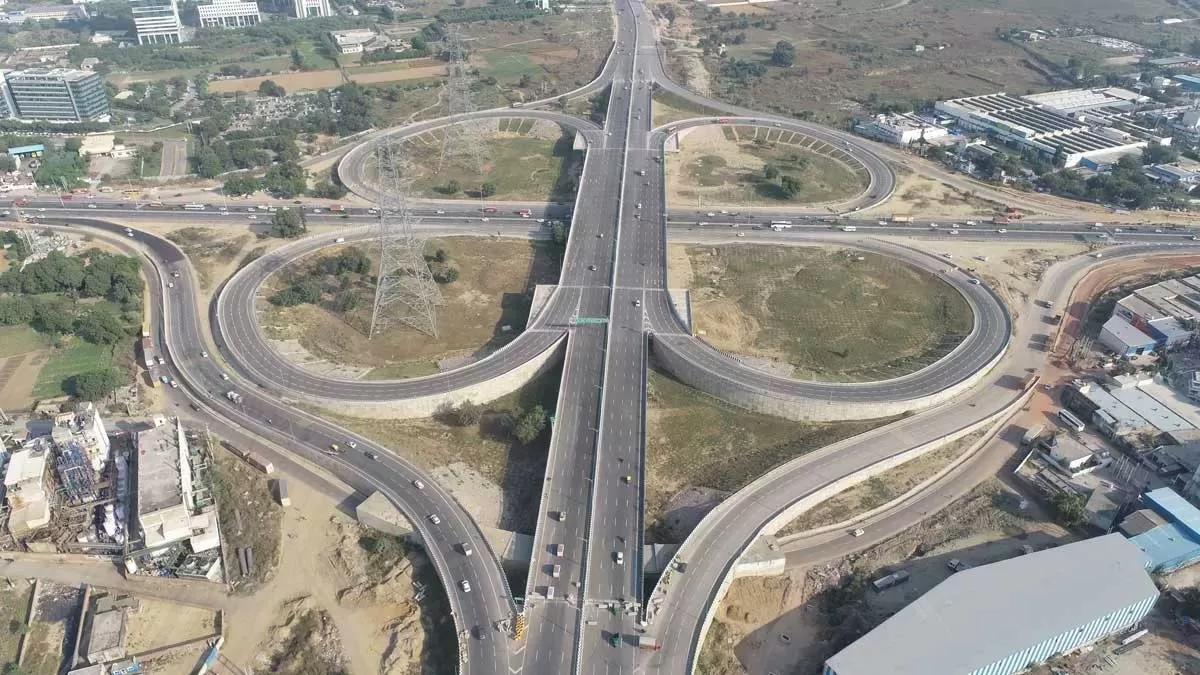Additional Solicitor General Aishwarya Bhati, representing the Centre, briefed a bench comprising Justices C T Ravikumar and Ujjal Bhuyan. She stated that the Supreme Court-appointed oversight committee, led by retired Justice A K Sikri, had submitted two progress reports in April and August 2024, monitoring the project’s development while addressing environmental concerns.
The project has faced scrutiny over its ecological impact. In 2019, the Supreme Court ordered the formation of a committee to explore environmental safeguards. Environmentalist Ravi Chopra initially chaired the panel but resigned in March 2022, citing that the road ministry was disregarding the committee’s recommendations. Following his departure, Justice Sikri took over leadership.
Chopra recently criticised the project’s execution, telling the source: “By breaking the Char Dham Pariyojana into 53 smaller projects, each under 100 km, the ministry bypassed environmental impact assessments (EIA) required for large-scale developments. This has led to landslides in completed sections, causing loss of life and property, while the project remains unfinished after eight years.”
Uttarkashi-based environmentalist Suresh Bhai raised additional concerns about the remaining 100 km stretch between Uttarkashi and Gangotri, where 40 km is home to rare deodar trees. Bhai proposed an alternative route through rocky terrain, from Sukhi Top via Jaspur, Purali, Bagori, Harsil, and Mukhba to Bhairav Valley, which would avoid ecological damage and safeguard biodiversity. This path, he explained, offers abundant sunlight and minimal glacier risks, providing a sustainable option for completing the project without felling millions of trees. (ET &TOI)


